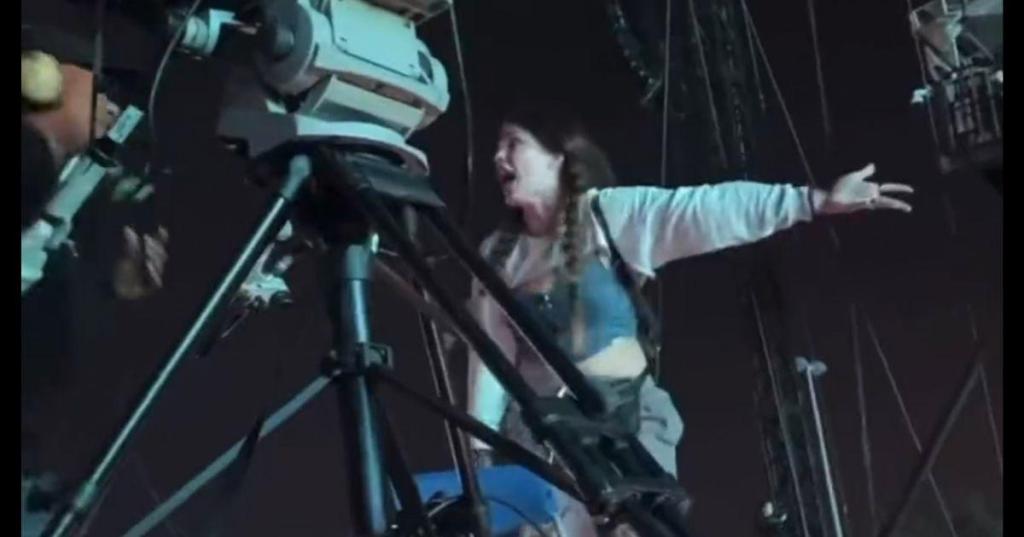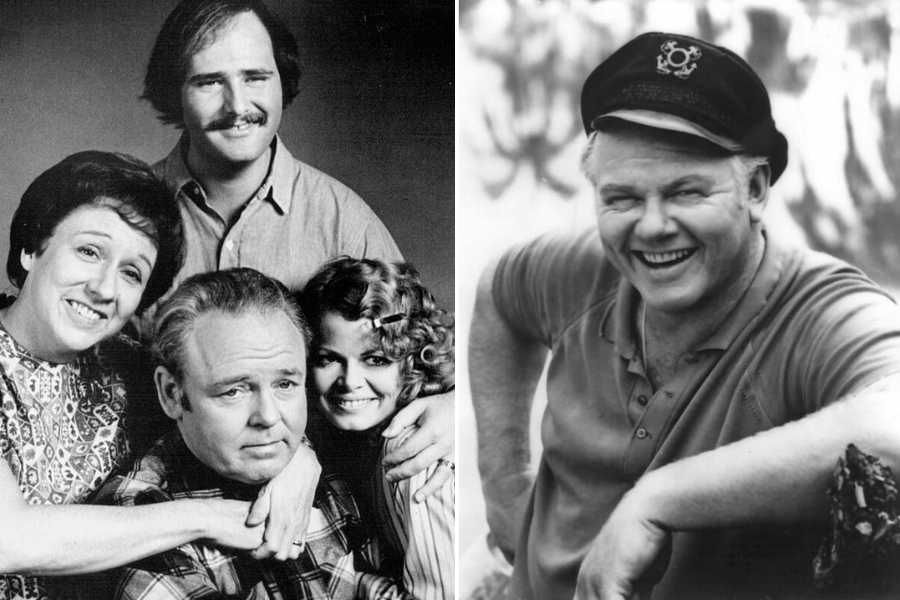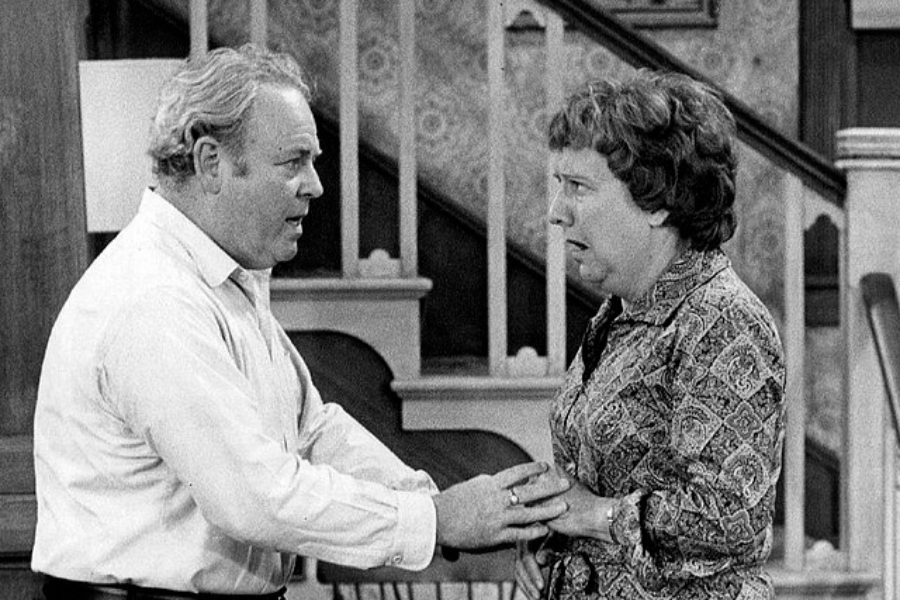When you cram a mass of humanity onto a stadium floor, and those humans are fans of the performer on stage in front of them, anything can happen. People have been crushed in mosh pits before—the Who and Pearl Jam concerts have seen multiple fans trampled to death in a concert, for example.
So when eight people were killed and dozens more injured at rapper Travis Scott’s Astroworld Musical Festival in Houston last Friday, it was definitely tragic but not totally unprecedented. What was hard for people to grasp was how the tragedy was handled in real time by the people with power to do something about it.
Viral video shows two young concertgoers desperately trying to get a cameraman to stop the show because people were dying. One of them, Seanna Faith McCarty, pleaded with him to tell someone to stop the show, pointing toward the crowd and saying that people were dying. Another concertgoer, identified on Twitter as Ayden Cruz, stood on the ladder of the camera platform and also yelled at the cameraman to stop the show.
Watch:
Here’s another angle of the attempt to alert the crew member to the deadly situation on the ground.
However, no one stopped the show. According to Insider, at one point, Scott can be heard over the loudspeaker saying: “Who asked me to stop? You all know what you came here to do.” Insider also reports that concertgoer Cody Hartt said he alerted security that people were being crushed, and they allegedly responded, “We already know, and we can’t do anything to stop the show. They’re streaming live.”
McCarty detailed the story of how she ended up on the camera platform, desperately trying to get someone to stop the show and do something about the deadly conditions in the crowd.
She described how she and her friend had wanted to be close to the stage, but ended up a ways back, on the side near a walkway. They were surrounded by chest-high metal barriers, and she said after waiting two hours for the concert to start, “Every gap was filled. Where your feet were placed was where they stayed.” The energy of the crowd rose as the start time neared.
“Within 30 seconds of the first song, people began to drown—in other people,” she wrote.
“There were so many people. Tall men, women. Women and men where the only thing they could see was the back of the person in front of them. The rush of people became tighter and tighter. Breathing became something only a few were capable of. The rest were crushed or unable to breathe in the thick, hot air. My friend began to gasp for breath, and she told me we needed to get out. We tried. There was nowhere to go. The shoving got harder and harder. If someone’s arms had been up, it was no longer a possibility to put it down. So, people began to choke one another as the mass swayed. It became more and more violent.”
She went on to describe how people were screaming for help and begging security for help.
“None of that came,” she wrote. “We continued to drown. More and more. One person fell, or collapsed, it doesn’t matter how it started. Once one fell, a hole opened in the ground. It was like watching Jenga tower topple. Person after person were sucked down. You could not guess from which direction the shove of hundreds of people would come next. You were at the mercy of the wave. I watched my friend be dragged away from me and lost sight of her. I began to realize in that moment that there is a way to die that no many people know about. Being trampled to death.”
McCarty described the “shrieks of animals” and “sinkholes of people” all around her. She was shoved toward the ground and saw the body of a man, followed by “layers of fallen people.”
“I felt a primal fear rip through me, and I’m not sure anyone understood the magnitude of the situation below,” she wrote. “I screamed there were people on the floor. There were people. Unconscious. Being trampled by every foot that slammed into the ground as each individual tried to keep themselves upright.”
A man finally grabbed her and pulled her out and away from the sinkhole of people. She was able to make her way to the back of the crowd, where she found people “just standing there. Like nothing was happening. Like people weren’t dead a few feet from them.”
She spotted the cameraman on the platform and climbed the ladder to get his attention. She pointed to the hole, telling him people were dying. He told her to get off the platform.
“I screamed over and over again,” she wrote. “He wouldn’t even look in the direction, so I pushed the camera so it pointed toward where I had just come from. He became angry. He called someone else up. I told him the same thing. People were dying, we needed to stop the music, we needed help, we needed attention towards the mass because I thought if only these people were aware, maybe they would do something. The other man grabbed my arm, and told me he would push me off the 15ft platform with no sides if I didn’t get down. I told him to help. I told him people were dying. I showed him where. He wouldn’t look in the direction either. I was in disbelief. Here were two people that could actually do something. Had the power to do something. Cut the camera, call in backup, pause something. They did nothing.”
Then the crowd started booing at her. “They pointed their fury at me, unleashed a rage,” she wrote. “I screamed people were dying over and over. No one would listen.”
Finally, she climbed down from the platform and called 911. The operator told her they were calling the medical team in. She told them over and over that the concert needed to be paused to give the crowd light and awareness of the deaths. Nothing happened.
Two medical workers arrived and McCarty explained what she’d seen. They said they’d gone in and seen nothing. Two girls who had also been in the pit were nearby and explained what and where it was and they all led them to it. They climbed over the barrier and went through the people.
In her post, McCarty reassured readers that her friend made it out okay. But at least eight concert-goers were killed in the melee and 25 were taken to the hospital, including a 10-year-old in critical condition, according to USA Today. The names of the victims has been released: Mirza Danish Baig, 27; Rodolfo Peña, 23; Madison Dubiski, 23; Axel Acosta Avila, 21; Franco Patino, 21; Jacob Jurinek, 20; Brianna Rodriguez, 16; and John Hilgert, 14.
Here’s to the people like Seanna McCarty who did everything in their power to get help for the people trapped in and trampled by the crowd. In the face of a frenzied mob, keeping your head and having the courage to take action is admirable, especially considering how many people neglected their basic sense of humanity in this situation.




























